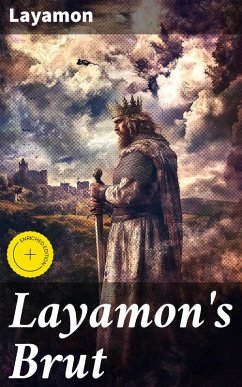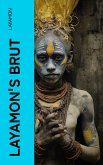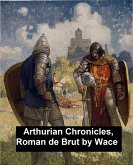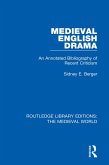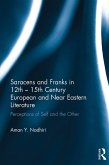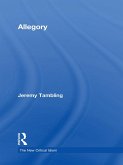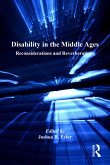Layamon's Brut, an epic poem written in Middle English between 1200 and 1225, serves as a monumental retelling of the legendary history of Britain, weaving together elements from Arthurian lore and the Anglo-Saxon chronicle. Written in an intricate alliterative style that reflects the poetic traditions of Old English, Layamon's work is notable for its ambitious scope, spanning the myths of King Arthur to the foundation of Britain itself. The poem stands as a vital text that captures the transitional literary context of post-Norman England, bridging the gap between ancient oral traditions and the burgeoning vernacular literature of the time. Layamon, likely a cleric from the late 12th century, draws upon his extensive knowledge of both the Arthurian canon and earlier historical narratives to craft this compelling epic. His choice of the vernacular reflects a conscious effort to create an accessible narrative for a wider audience, transcending the boundaries of Latin scholarly texts. This endeavor showcases Layamon's commitment to preserving and celebrating the cultural heritage of Britain, while his blending of native and continental traditions marks a significant moment in the evolution of English literature. Recommended for scholars, students, and enthusiasts of medieval literature, Layamon's Brut is a cornerstone text that not only enriches our understanding of British myth but also invites readers to explore the complex interplay of history and storytelling. Through its vivid imagery and character-driven narratives, it offers a profound insight into the socio-political landscape of medieval England.
Dieser Download kann aus rechtlichen Gründen nur mit Rechnungsadresse in A, B, BG, CY, CZ, D, DK, EW, E, FIN, F, GR, H, IRL, I, LT, L, LR, M, NL, PL, P, R, S, SLO, SK ausgeliefert werden.

